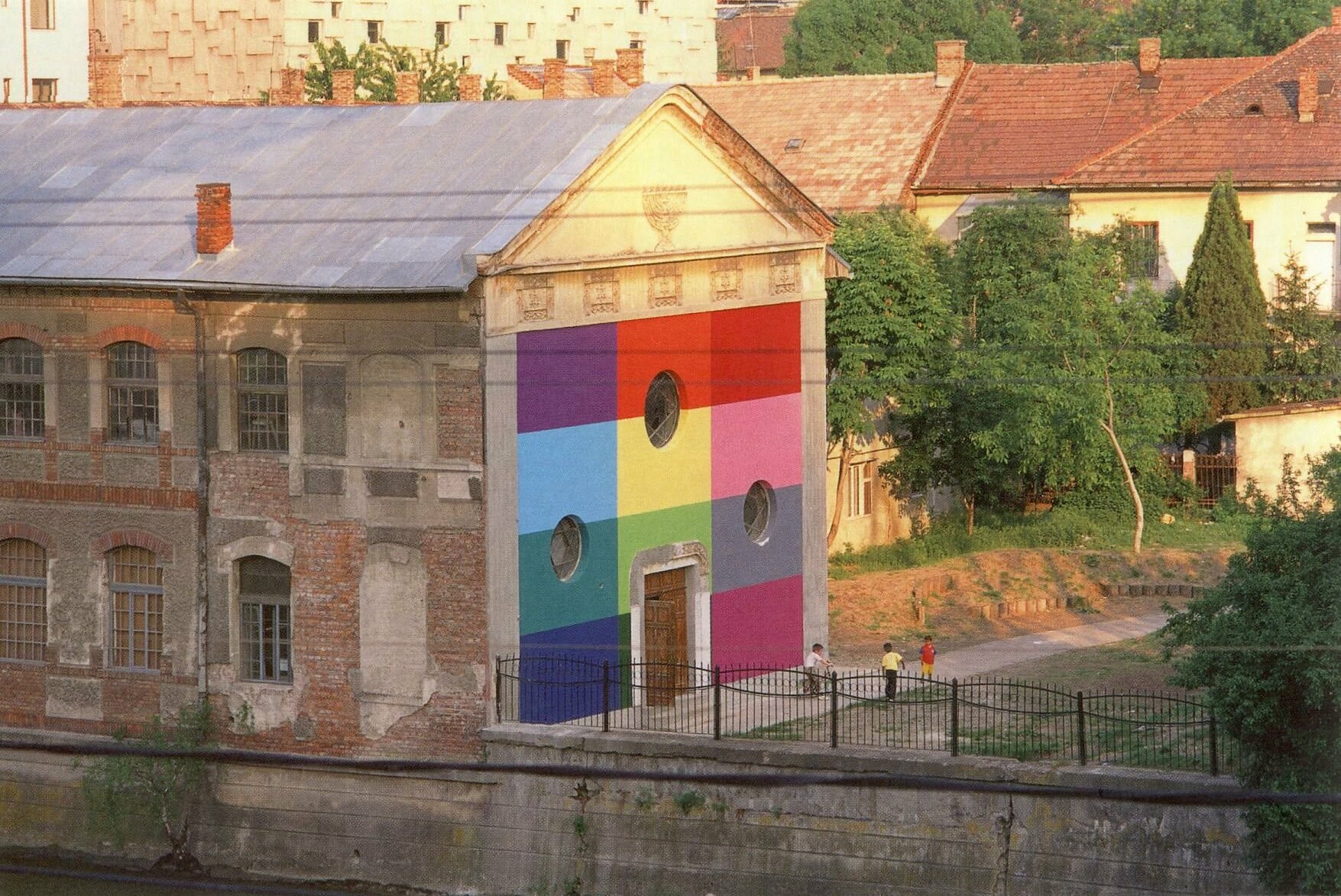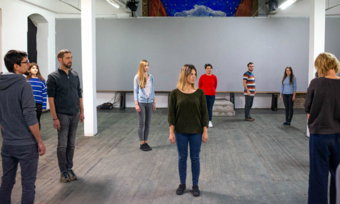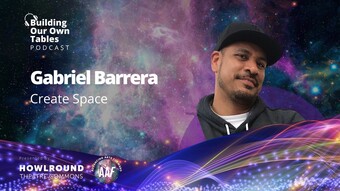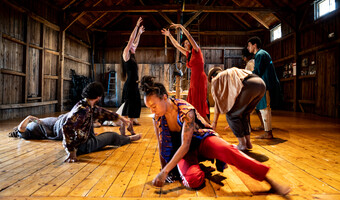Casa Tranzit and the Colectiv A Association presented a book launch of Creativity-Commodity livestreaming on the global, commons-based, peer-produced HowlRound TV network on Monday 17 October 2022 at 9 a.m. PDT (San Francisco, UTC -7) / 12 p.m. EDT (New York, UTC -4) / 16:00 UTC / 17:00 BST (London, UTC +1) / 18:00 CEST (Berlin, UTC +2) / 19:00 EEST (Cluj, UTC +3).
The launch of Creativity-Commodity. An insider's perspective of Cluj's independent cultural scene 2009–2019, written by Miki Braniște (curator and cultural manager), will be a debate on the themes addressed in the book. This dialogue is part of the series of discussions initiated by the Independent Group for Culture / Független Intézmények Kulturális Szövetsége (GICu/FIKuSz) in Cluj, Romania.
About the Book
As the result of the author's doctoral studies, the book analyzes how European cultural policies, inspired by the creativity paradigm, are put into practice in Cluj, Romania. The creativity paradigm, fostered by the phenomenon of globalization, is based on the existence of a social class, a type of urban development that gives rise to the creative city and a creative industry that provides the current profile of the economy. The connection between cultural policies and the creative economy makes the economic value of culture and creativity outweigh their symbolic and social value. Due to the connection of creative industries to economic markets, the latter influence the stakes and ethos of the cultural sector, which has been renamed the cultural and creative sector. Is this proximity to the engine of change in the global economy a threat or an advantage for culture and creativity? Who are the winners of this alliance between industry and culture, economy and creativity? What kind of hybridization will result from the coming together of the two fields? How can the field retain its essence as a producer of public culture for wider communities, a source of developing critical consciousness, a way of knowing the world and being with others? The case study of the Paintbrush Factory project in Cluj serves as an example to better understand the effects of the paradigm shift that overlapped with the city's transition from a post-industrial identity to one of a creative and more recently innovative city. The research exposes how the independent cultural scene in Cluj relates to these changes that are already having effects through the phenomenon of gentrification due to urban regeneration policies, through the phenomenon of festivalization, the commercialization of culture, and the neutralization of critical artistic discourse.
Biography of the Author
Miki Braniște is assistant professor at the Faculty of Theatre and Film of the Babeș-Bolyai University with a PhD thesis in the field of cultural management and policies. She is a cultural manager and curator for performing arts and interdisciplinary projects, president of the Colectiv A Association and former director of the TEMPS D'IMAGES Festival in Cluj for ten editions. Between 2009 and 2019 she was a member of the board of directors of the cultural space Paintbrush Factory, actively participating in its development strategy. In 2015, she received the title of Knight of Arts and Letters from the French Ministry of Culture. In 2016, she received the Prize for Interdisciplinary Projects from the Administration of the National Cultural Fund and the Prize for Supporting Contemporary Dance from the National Dance Centre of Bucharest. Since 2017, at the invitation of the Goethe Institut Bucharest, she has been curator of the Cultural Management Academy program in Romania.
Moderator
- Oana Mateescu, anthropologist, assistant professor, Faculty of Sociology and Social Work, Babeș-Bolyai University, Cluj, Romania.
Guest speakers
- Miruna Runcan, theatre critic, PhD Professor at the Faculty of Theatre and Film, Babeș-Bolyai University
- Eugen Pănescu, architect and urban planner,
- Lala Panait, community facilitator and urban anthropologist, Colectiv A
- Cornel Ban, associate professor of Economics, Copenhagen Business School
- Lorand Maxim, director, general manager of Tranzit Foundation









Comments
The article is just the start of the conversation—we want to know what you think about this subject, too! HowlRound is a space for knowledge-sharing, and we welcome spirited, thoughtful, and on-topic dialogue. Find our full comments policy here